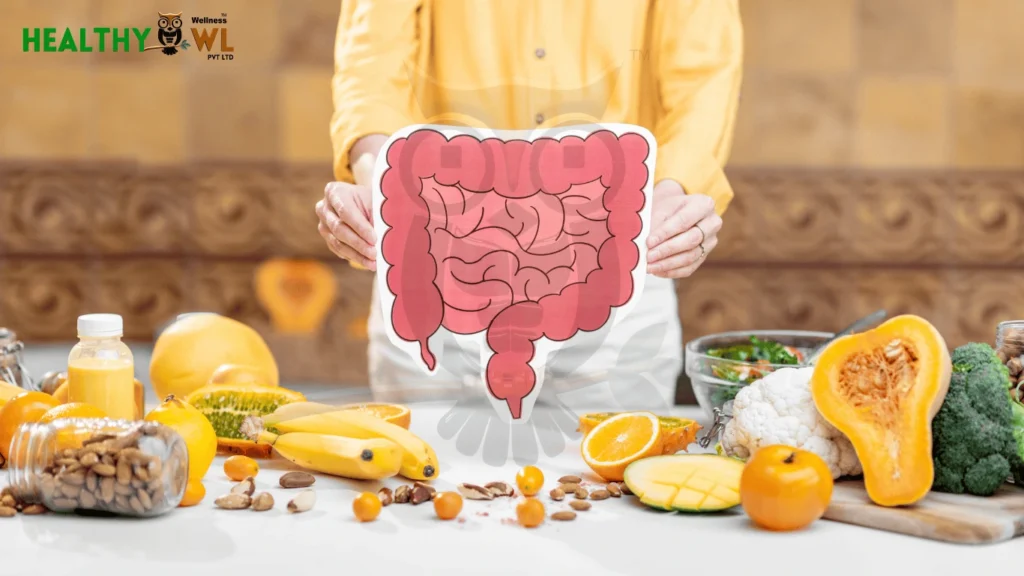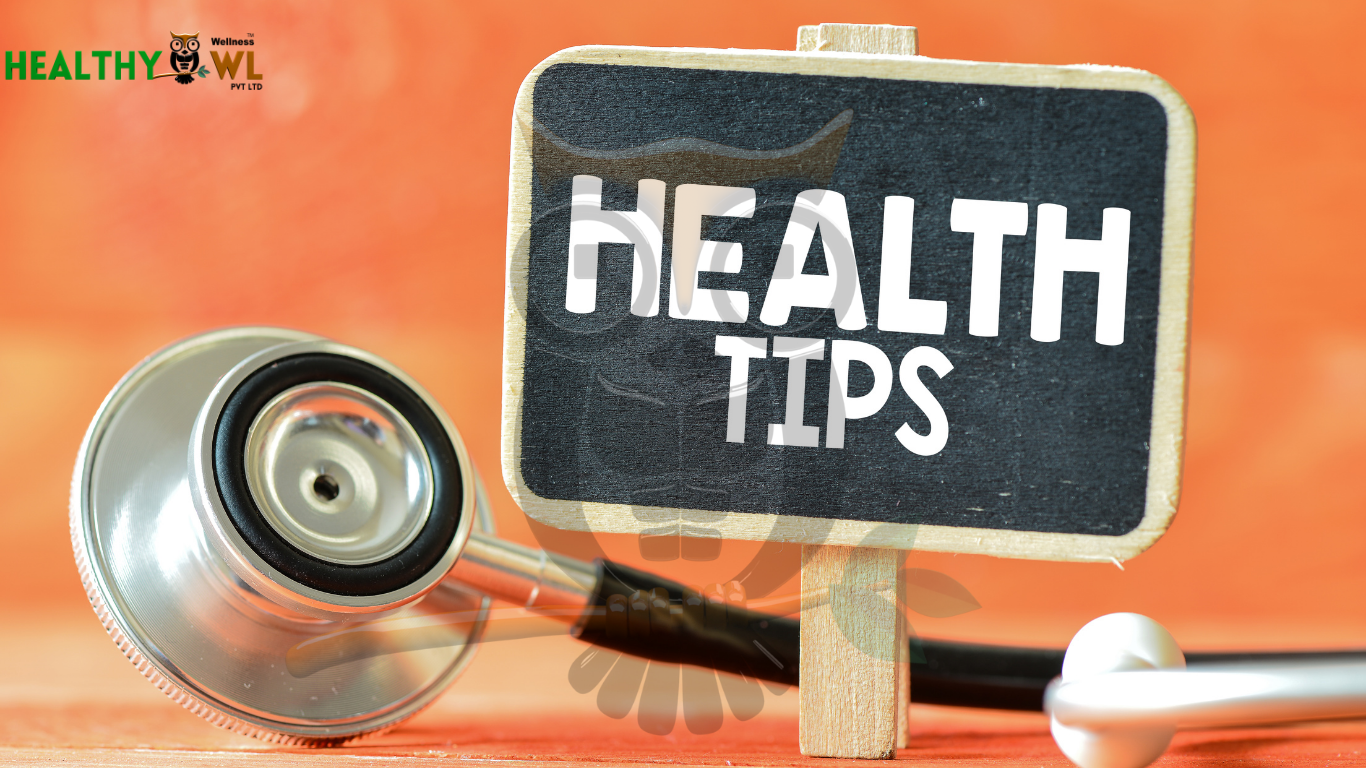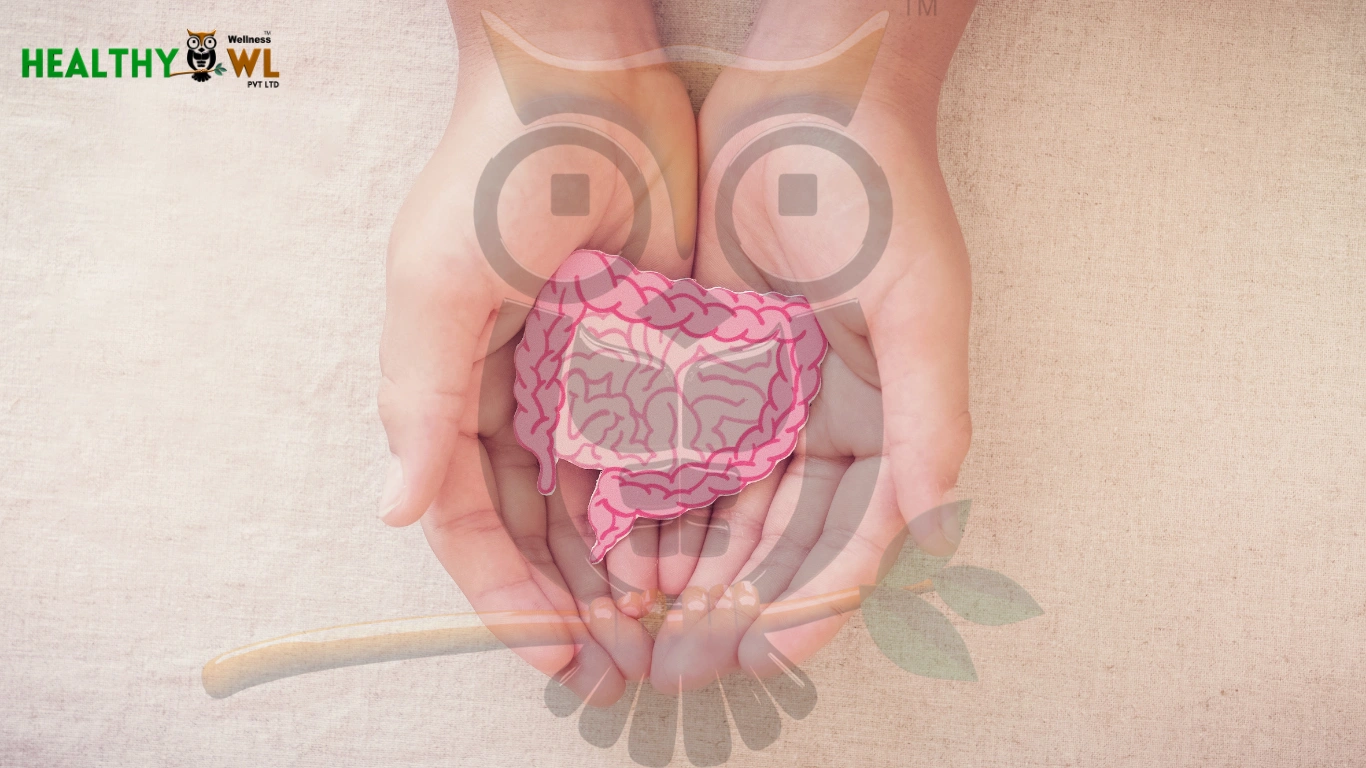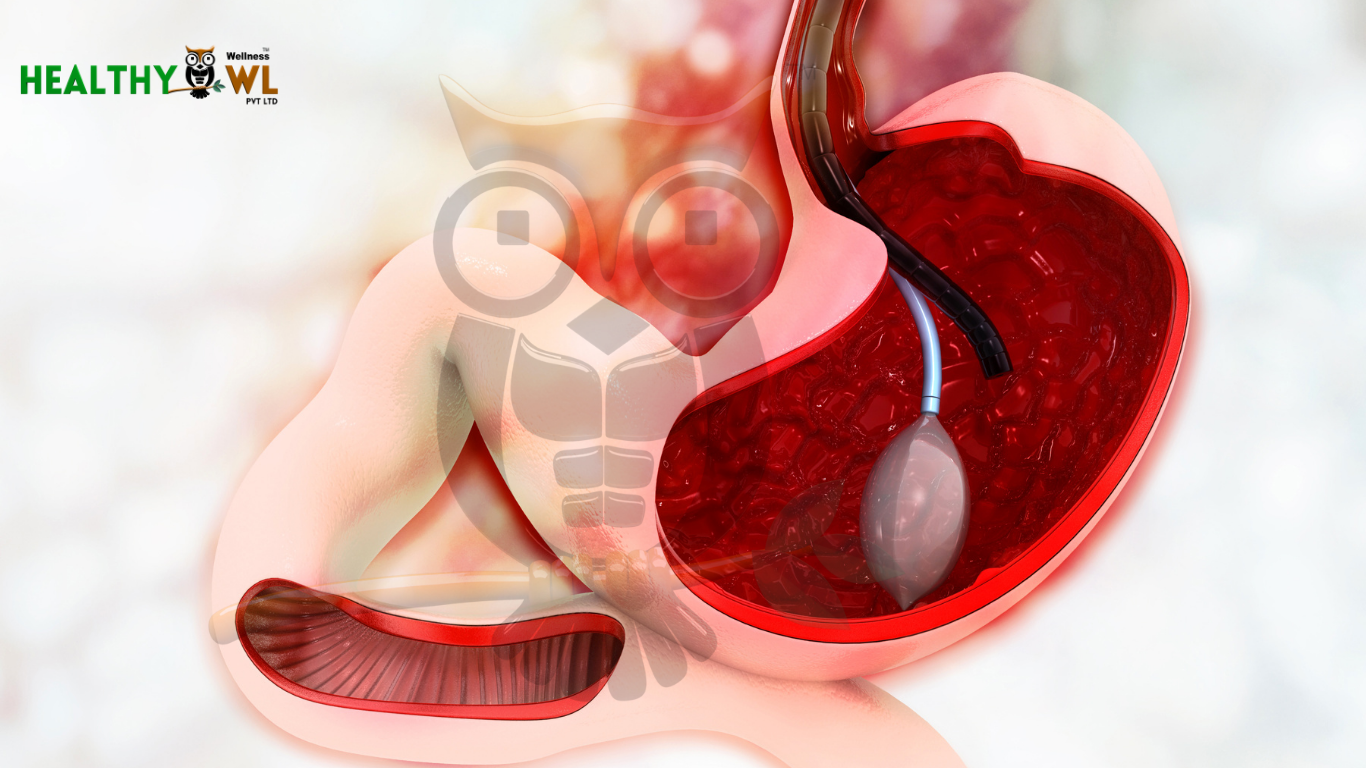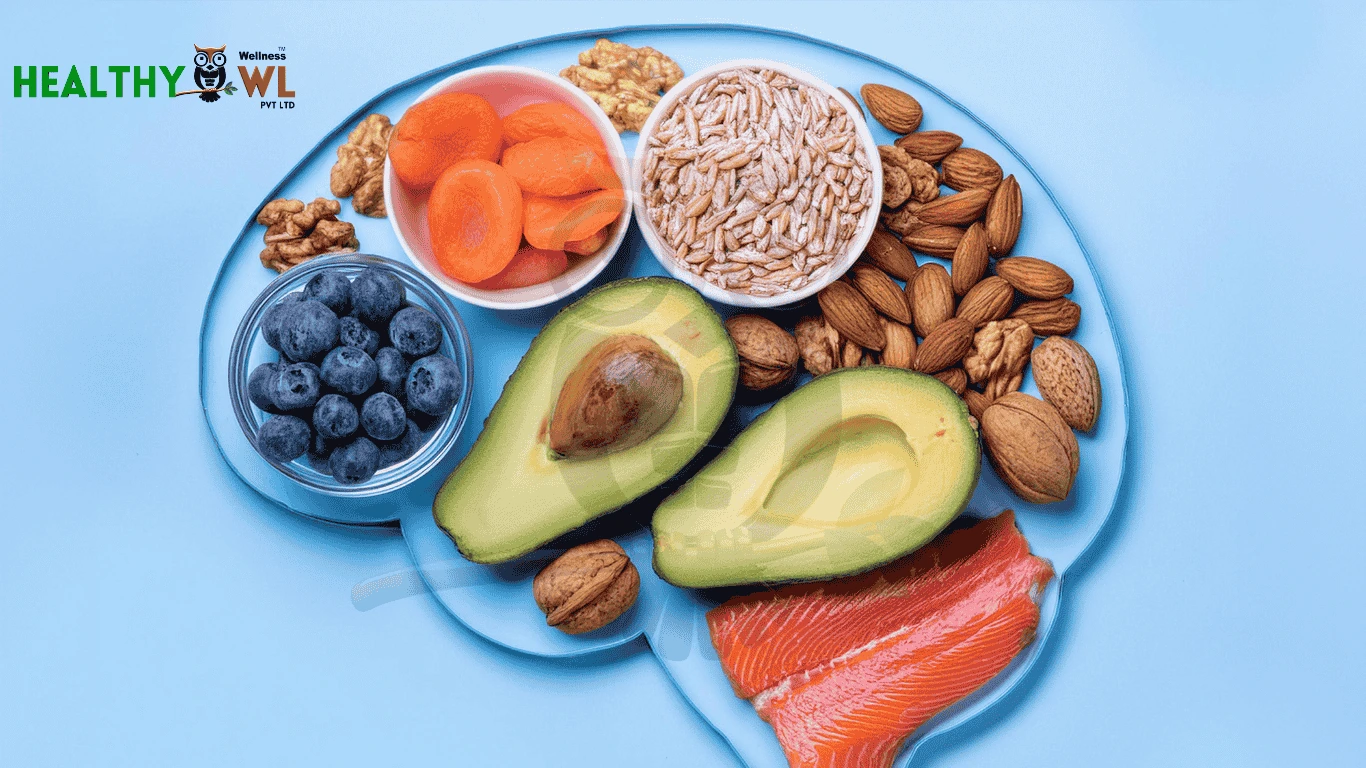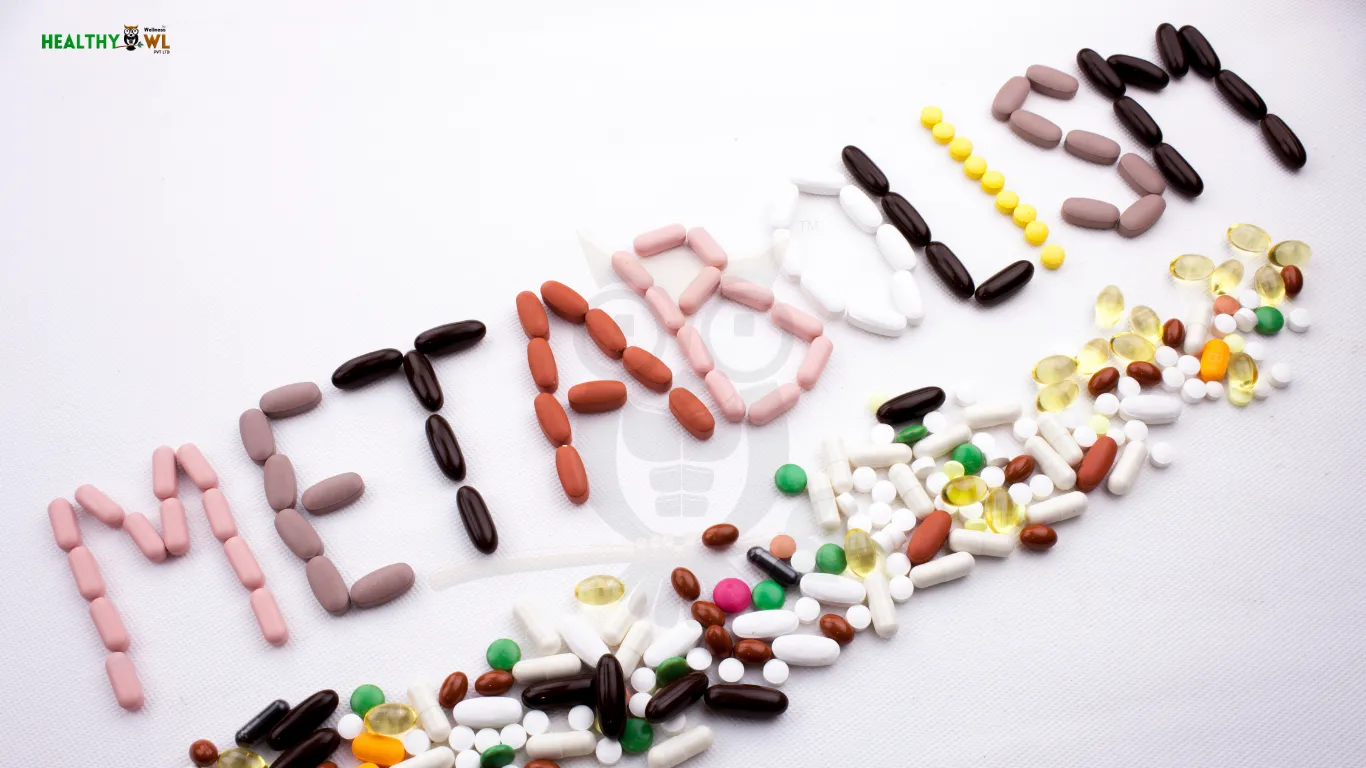Introduction
Your gut is home to trillions of microorganisms—collectively called the gut microbiome—that play a crucial role in digestion, immunity, metabolism, and even brain function. When this delicate ecosystem gets disrupted, the result is gut dysbiosis—an imbalance in the composition or diversity of gut bacteria.
At Healthy Owl Wellness, we see dysbiosis as more than a gut issue—it’s often the hidden root behind fatigue, digestive problems, skin conditions, and even mood swings. Recent research also highlights the critical gut–brain axis, showing that gut health is intimately linked to mental well-being.
What Is Gut Dysbiosis?
Gut dysbiosis happens when there’s:
- A loss of beneficial bacteria that protect and support your health.
- An overgrowth of harmful or opportunistic microbes that trigger inflammation.
- Or a reduction in microbial diversity, which weakens resilience of the gut ecosystem.
Scientific studies have shown that patients with obesity, diabetes, cardiovascular disease, and other chronic conditions often have lower microbial diversity than healthy individuals (Nature, 2019). Dysbiosis can affect not only digestive and metabolic health but also the brain through the gut–brain axis, a two-way communication system linking the central nervous system (brain/spinal cord) and the gastrointestinal tract.
Gut microbes act as key mediators in this system, influencing mood, stress response, and cognition via neural, immune, endocrine, and metabolic pathways (BioMed Central).
Symptoms Of Gut Dysbiosis
Gut dysbiosis doesn’t always present the same way, but common symptoms include:
- Digestive issues: bloating, gas, abdominal pain
- Irregular bowel movements: constipation, diarrhea, or alternating between both
- Food intolerances or increased sensitivity to certain foods
- Fatigue and low energy
- Skin conditions such as acne or eczema
- Brain fog, mood swings, or increased anxiety
Research shows that altered microbial composition in dysbiosis can reduce SCFA-producing bacteria like Faecalibacterium or Lachnospira, which are important for anti-inflammatory signaling. An overgrowth of pro-inflammatory bacteria (e.g., Proteobacteria) has been observed in people with depression or anxiety, highlighting the connection between gut balance and mental health.
Causes Of Gut Dysbiosis
Several lifestyle and medical factors can disrupt your gut microbiome:
1. Antibiotic Use
Antibiotics, while sometimes necessary, can wipe out beneficial bacteria. Even short-term use can lead to long-lasting microbial imbalances.
2. Dietary Factors
Low-fiber, highly processed diets feed harmful bacteria while starving beneficial strains. High-fiber, plant-rich diets support SCFA-producing bacteria, which protect the gut lining and reduce inflammation (Frontiers, 2021).
3. Stress, Sleep Disruption & HPA Axis Dysregulation
The hypothalamic–pituitary–adrenal (HPA) axis regulates the body’s stress response. Chronic stress and poor sleep can disrupt the HPA axis, leading to higher cortisol levels, which negatively affect gut microbiota. Dysbiosis can then exacerbate stress responses, creating a feedback loop between gut and brain.
4. Environmental & Lifestyle Factors
Smoking, alcohol consumption, and exposure to environmental toxins can reduce the number of beneficial microbes. Sedentary lifestyle decreases microbial diversity, whereas moderate exercise enhances gut microbiome health.
5. Gut Infections
Gastrointestinal infections, food poisoning, or parasites can trigger long-term imbalances and contribute to conditions like IBS (PMC, 2022).
Gut Dysbiosis, the Gut–Brain Axis & Mental Health
The gut–brain axis demonstrates that your gut health directly influences mental well-being. Here’s how dysbiosis impacts stress, anxiety, and depression:
- Altered Microbial Composition: People with depression or anxiety often have reduced SCFA-producing bacteria and increased pro-inflammatory strains.
- Neuroactive Metabolites & Neurotransmitters: Certain gut bacteria, like Bifidobacterium dentium, influence serotonin production by gut enterochromaffin cells, affecting mood and brain signaling (Wikipedia).
- Vagus Nerve Signaling: Beneficial microbes communicate with the brain through the vagus nerve. In mice, Lactobacillus rhamnosus reduced anxiety-like behavior—but this effect vanished when the vagus nerve was severed (PMC, Nature).
- Immune & Inflammatory Pathways: Dysbiosis increases gut permeability, allowing bacterial fragments like LPS into the bloodstream, triggering systemic inflammation that reaches the brain.
Rodent models show mice under chronic stress with depressive-like behavior had lower SCFA levels and altered gut microbiota, highlighting the role of microbial health in mood regulation. In humans, systematic reviews confirm that depressed or anxious individuals often have depleted anti-inflammatory SCFA-producers and elevated pro-inflammatory bacteria.
Natural Strategies to Restore Gut Health
1. Increase Plant Diversity
Aim for 30+ different plant foods weekly. Diverse fiber sources feed beneficial microbes, enhancing SCFA production and supporting anti-inflammatory pathways.
2. Include Fermented & Probiotic Foods
Yogurt, kefir, kimchi, sauerkraut, and miso introduce beneficial bacteria. Clinical evidence shows probiotics can improve gut balance, reduce inflammation, and positively affect mood in dysbiotic individuals.
3. Prebiotics & Resistant Starch
Inulin, garlic, onions, and resistant starches support beneficial bacteria and SCFA production. SCFAs help maintain gut lining integrity and reduce systemic inflammation, indirectly supporting brain function.
4. Reduce Processed Foods & Sugar
Processed, high-sugar diets favor pro-inflammatory bacteria, which worsen gut–brain signaling and systemic inflammation.
5. Manage Stress, Sleep & Exercise
Meditation, yoga, regular physical activity, and improved sleep hygiene positively influence both gut composition and mental health. Exercise increases beneficial bacteria like Faecalibacterium prausnitzii, which produce anti-inflammatory compounds supporting mood.
6. Advanced Therapies When Needed
In severe cases, fecal microbiota transplantation (FMT) has been effective in restoring gut microbial diversity, particularly in recurrent C. difficile infections, indirectly supporting overall metabolic and mental health (Cleveland Clinic).
FAQs On Gut Dysbiosis :
Q1. Is gut dysbiosis the same as leaky gut?
Not exactly. Dysbiosis is an imbalance of microbes; leaky gut refers to increased intestinal permeability. Dysbiosis can contribute to leaky gut.
Q2. How long does it take to restore balance?
Improvements may appear in weeks; full microbiome recovery may take months with consistent diet and lifestyle changes.
Q3. Do probiotics work for everyone?
Probiotics are more effective when combined with diet and lifestyle changes. Strain, dosage, and individual microbiome variations matter.
Q4. Can stress alone cause dysbiosis?
Yes. Chronic stress disrupts gut microbial diversity and can exacerbate HPA axis dysregulation.
Q5. When should I see a doctor?
Persistent digestive issues, unexplained weight loss, bleeding, or severe fatigue require professional evaluation.
Your gut doesn’t just affect digestion—it shapes your mood, energy, and overall well-being. At Healthy Owl Wellness, we provide personalized gut health programs, combining dietary guidance, probiotic & prebiotic support, and lifestyle strategies to restore balance in both gut and mind.
Take our free Gut Health Assessment today and start your journey toward a healthier gut and happier mind.


